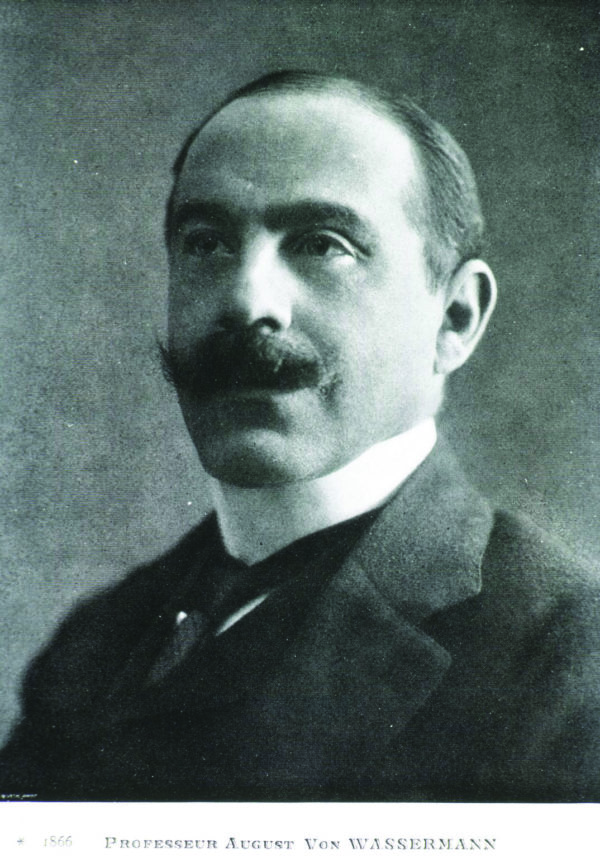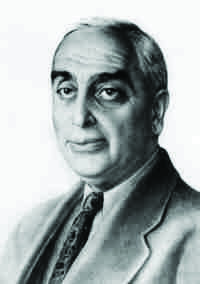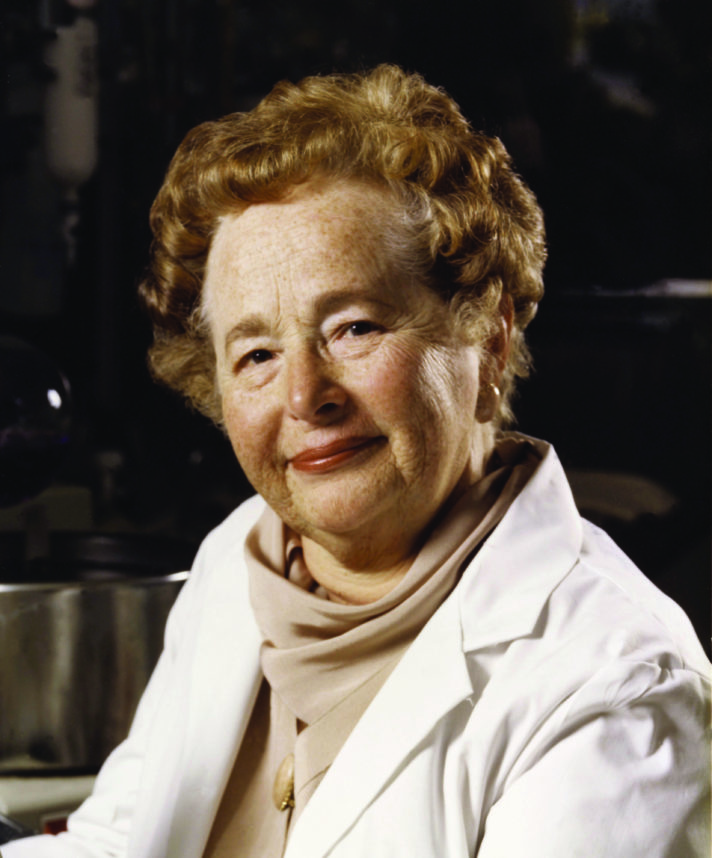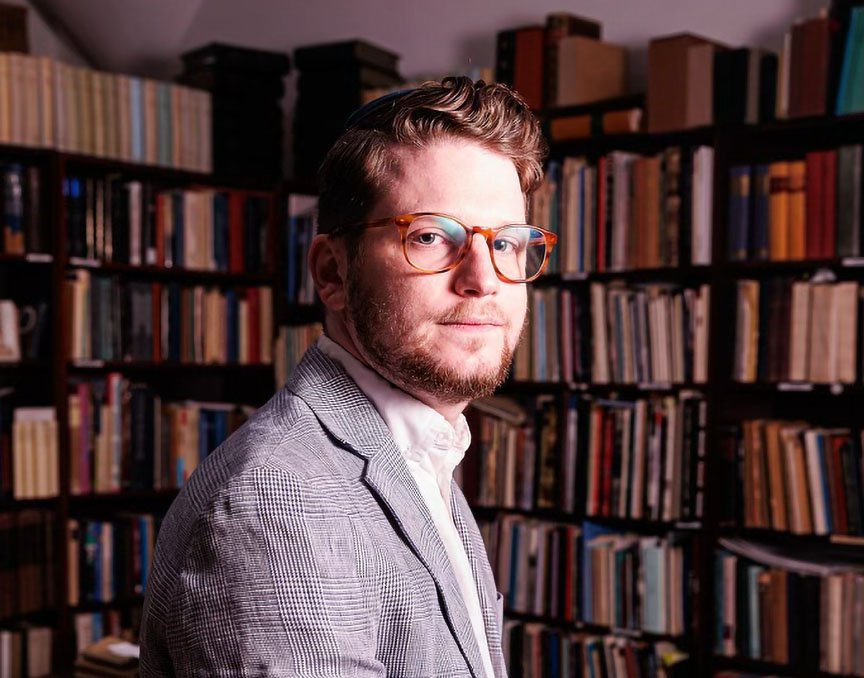 Photo by boonchai wedmakawand/Getty Images
Photo by boonchai wedmakawand/Getty Images Jewish Contributions to Humanity #10:
Original research by Walter L. Field.
Sponsored by Irwin S. Field.
August von Wassermann (1866-1925). b. Bamberg, Germany. The immunologist.
 In 1906, bacteriologist and immunologist August von Wassermann created the first reliable test for detecting syphilis, a sexually transmitted disease. The Wasserman test, which was developed at the Robert Koch Institute for Infectious Diseases identifies an antibody that’s unique to syphilis, lupus, malaria, and tuberculosis. This test formed the basis for subsequent tests used in the detection of these diseases. In 1921 Wasserman became the first recipient of the Aronson Prize for his immunological achievements.
In 1906, bacteriologist and immunologist August von Wassermann created the first reliable test for detecting syphilis, a sexually transmitted disease. The Wasserman test, which was developed at the Robert Koch Institute for Infectious Diseases identifies an antibody that’s unique to syphilis, lupus, malaria, and tuberculosis. This test formed the basis for subsequent tests used in the detection of these diseases. In 1921 Wasserman became the first recipient of the Aronson Prize for his immunological achievements.
Bela Schick (1877-1967). b. Balatonboglár, Hungary. Sticking it to diphtheria.
 Raised in Hungary but spending most of his clinical career in New York City, Bela Schick created the Schick test to identify diphtheria, a potentially fatal disease that originates in the throat and still kills thousands of people per year. Schick created the test in 1910, when diphtheria was a feared disease and vaccinations for it were in low supply, making it crucial to only vaccinate children with preexistent susceptibility, and not those who were naturally immune from diphtheria. Schick’s test identified at-risk children by injecting a tiny amount of diluted diphtheria into their arm. In susceptible children, the injection site would become red and swollen. He led a massive and successful five-year public relations campaign to persuade as many parents as possible to test their children for susceptibility.
Raised in Hungary but spending most of his clinical career in New York City, Bela Schick created the Schick test to identify diphtheria, a potentially fatal disease that originates in the throat and still kills thousands of people per year. Schick created the test in 1910, when diphtheria was a feared disease and vaccinations for it were in low supply, making it crucial to only vaccinate children with preexistent susceptibility, and not those who were naturally immune from diphtheria. Schick’s test identified at-risk children by injecting a tiny amount of diluted diphtheria into their arm. In susceptible children, the injection site would become red and swollen. He led a massive and successful five-year public relations campaign to persuade as many parents as possible to test their children for susceptibility.
Gertrude Elion (1918-1999). b. New York City. Nobel Prize in Physiology or Medicine 1988. A pharmaceutical genius.
 Spurred by the death of her grandfather from cancer, Gertrude Elion, at 15, decided to devote her career to making people healthier. In her 20s she began research at what is now the pharmaceutical giant GlaxoSmithKline, eschewing a PhD so that she could continue her lab work full-time. By the time her career ended, she was responsible for the creation of Purinethol, the first Leukemia treatment, Imuran, a crucial drug for organ transplants, Daraprim, a crucial malaria treatment, Septra, vital in treating infections of the urinary and respiratory tracts, Zovirax, which is used to treat herpes, and AZT, the first ever drug approved by the U.S. government in treatment of HIV. Several of the drugs she helped create are on the WHO’s Model List of Essential Medicines, which is a list of drugs that any society must have readily accessible in order to maintain basic standards of health.
Spurred by the death of her grandfather from cancer, Gertrude Elion, at 15, decided to devote her career to making people healthier. In her 20s she began research at what is now the pharmaceutical giant GlaxoSmithKline, eschewing a PhD so that she could continue her lab work full-time. By the time her career ended, she was responsible for the creation of Purinethol, the first Leukemia treatment, Imuran, a crucial drug for organ transplants, Daraprim, a crucial malaria treatment, Septra, vital in treating infections of the urinary and respiratory tracts, Zovirax, which is used to treat herpes, and AZT, the first ever drug approved by the U.S. government in treatment of HIV. Several of the drugs she helped create are on the WHO’s Model List of Essential Medicines, which is a list of drugs that any society must have readily accessible in order to maintain basic standards of health.






















 More news and opinions than at a Shabbat dinner, right in your inbox.
More news and opinions than at a Shabbat dinner, right in your inbox.